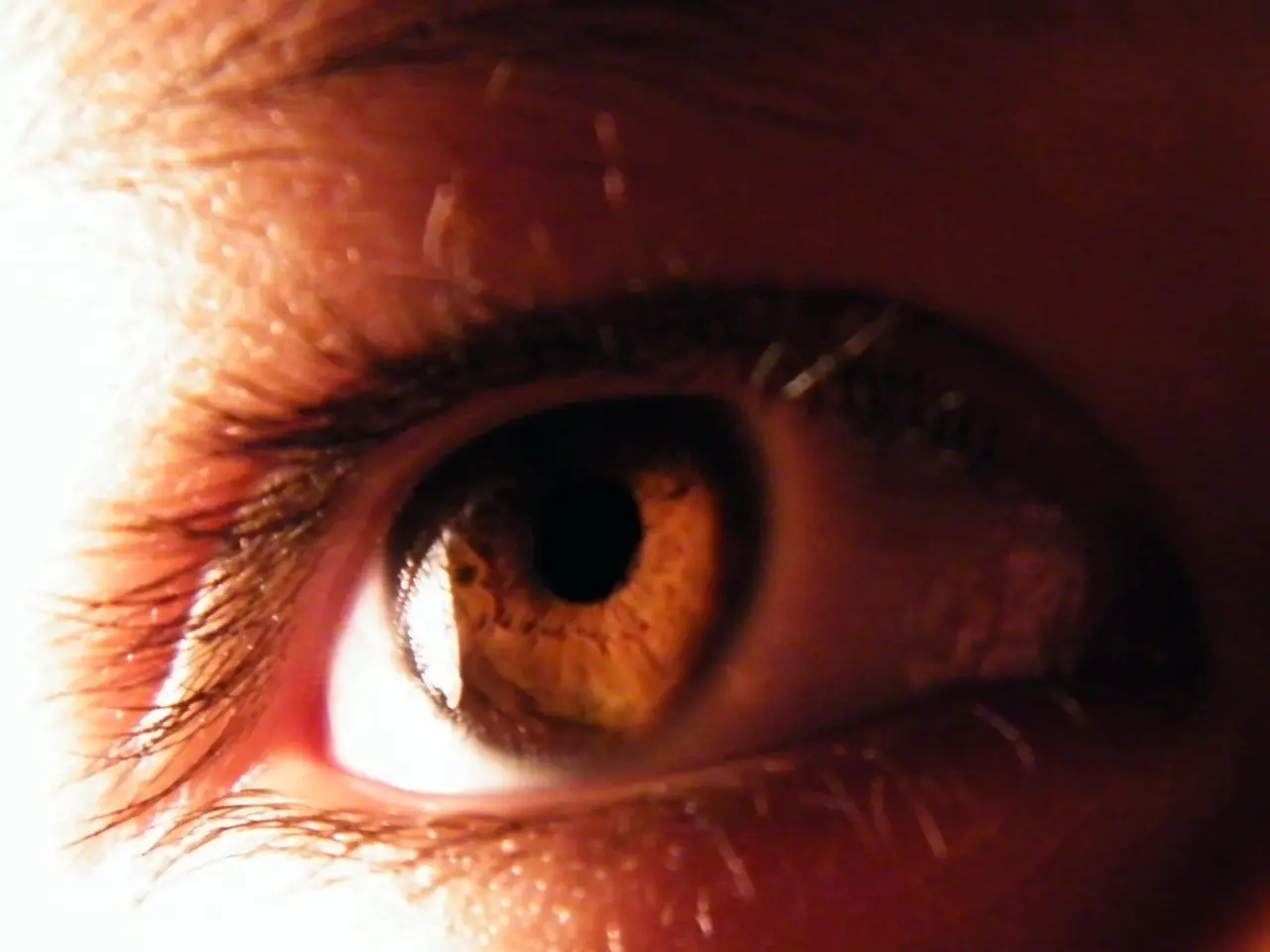Essential Skincare Advice for Women in Their Thirties
In the pursuit of maintaining healthy and radiant skin, there are several factors to consider. Here, we delve into the various aspects of skin care, as supported by research and recommendations from the American Academy of Dermatology.
Firstly, it's crucial to protect your skin from the harmful effects of UVA and UVB rays. Sunscreen is essential in this regard, as these rays break down collagen and elastin, leading to wrinkles and dark spots. To maximise protection, apply a broad-spectrum sunscreen with at least SPF 30 every day, not just during the summer months. Applying sunscreen before makeup can help ensure that your skin is adequately protected.
A balanced diet plays a significant role in skin health. Recent research suggests that antioxidant-rich and omega-3-rich diets can help reduce inflammation and improve skin barrier function. Omega-3 fatty acids, found in fish, walnuts, and flaxseeds, help maintain skin elasticity and moisture. Antioxidant-rich fruits and vegetables, such as berries and citrus fruits, can help repair skin and fight free radicals. However, it's worth noting that processed foods and added sugars can increase inflammation and negatively impact the skin's appearance.
Cleansing is a crucial step, especially after age 30, and it's important to choose a gentle cleanser based on your skin type. Overly stripping cleansers can lead to dryness, irritation, or breakouts. Hydration is equally important for skin health, and ingredients like hyaluronic acid, glycerin, and ceramides can help draw moisture into the skin and lock it in. Sometimes, using a gentle moisturizer along with retinoids can reduce irritation.
Retinoids, derived from vitamin A, are another essential component of a skincare routine. They increase cell turnover, form collagen, improve skin texture, and reduce the appearance of fine lines. However, they should be introduced gradually due to potential initial dryness or peeling. Start with a small concentration 2-3 times a week and gradually increase the frequency. If you have sensitive skin, consult a dermatologist before using retinoids.
During sleep, the body goes into repair mode, restoring collagen and hydration levels. Sleep deprivation can lead to dull skin, under-eye bags, and fine lines over time. Reducing stress through activities like yoga, meditation, or deep breathing exercises can improve skin health, as stress increases breakouts, inflammation, and inhibits the skin's repair process.
Lastly, clinical studies have shown that hyaluronic acid-based topical products improve skin hydration and texture. To further strengthen the skin barrier, the American Academy of Dermatology recommends using additional skin protection with ceramides and lipids. Alcohol-free and non-comedogenic skincare products are also advised to minimise irritation and breakouts.
By following these guidelines, you can take proactive steps towards maintaining healthy, radiant skin.
Read also:
- Hospital's Enhancement of Outpatient Services Alleviates Emergency Department Strain
- Increased Chikungunya infections in UK travelers prompt mosquito bite caution
- Kazakhstan's Deputy Prime Minister holds discussions on the prevailing circumstances in Almaty
- In the state, Kaiser Permanente boasts the top-ranked health insurance program





